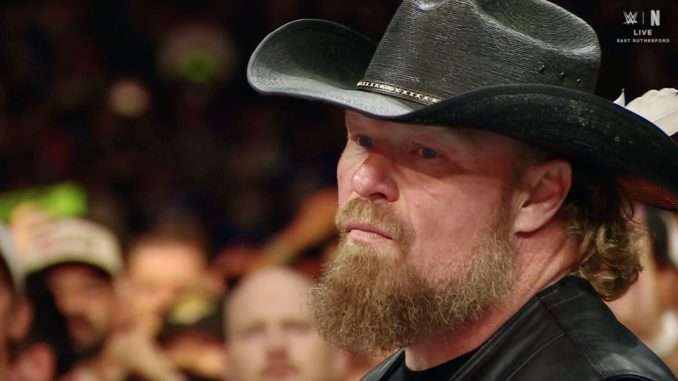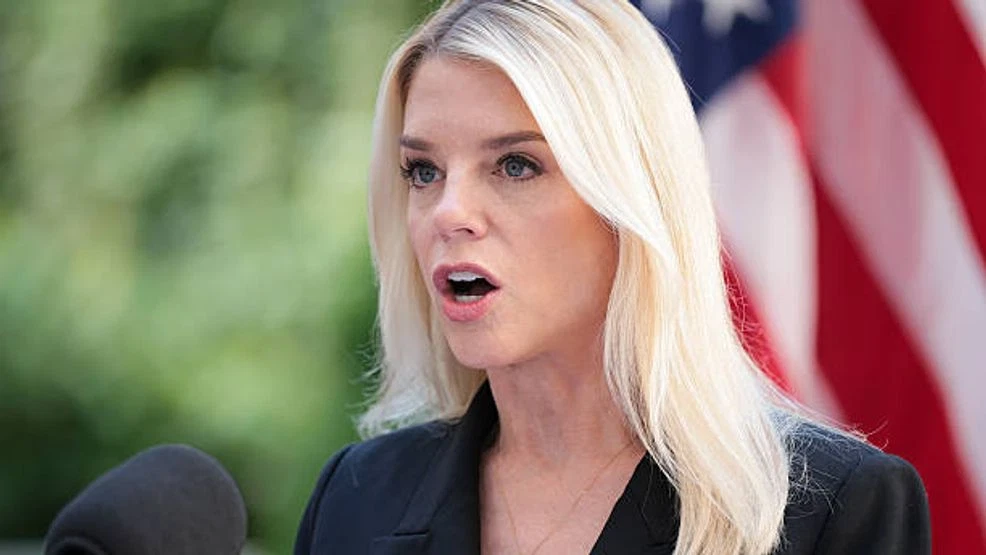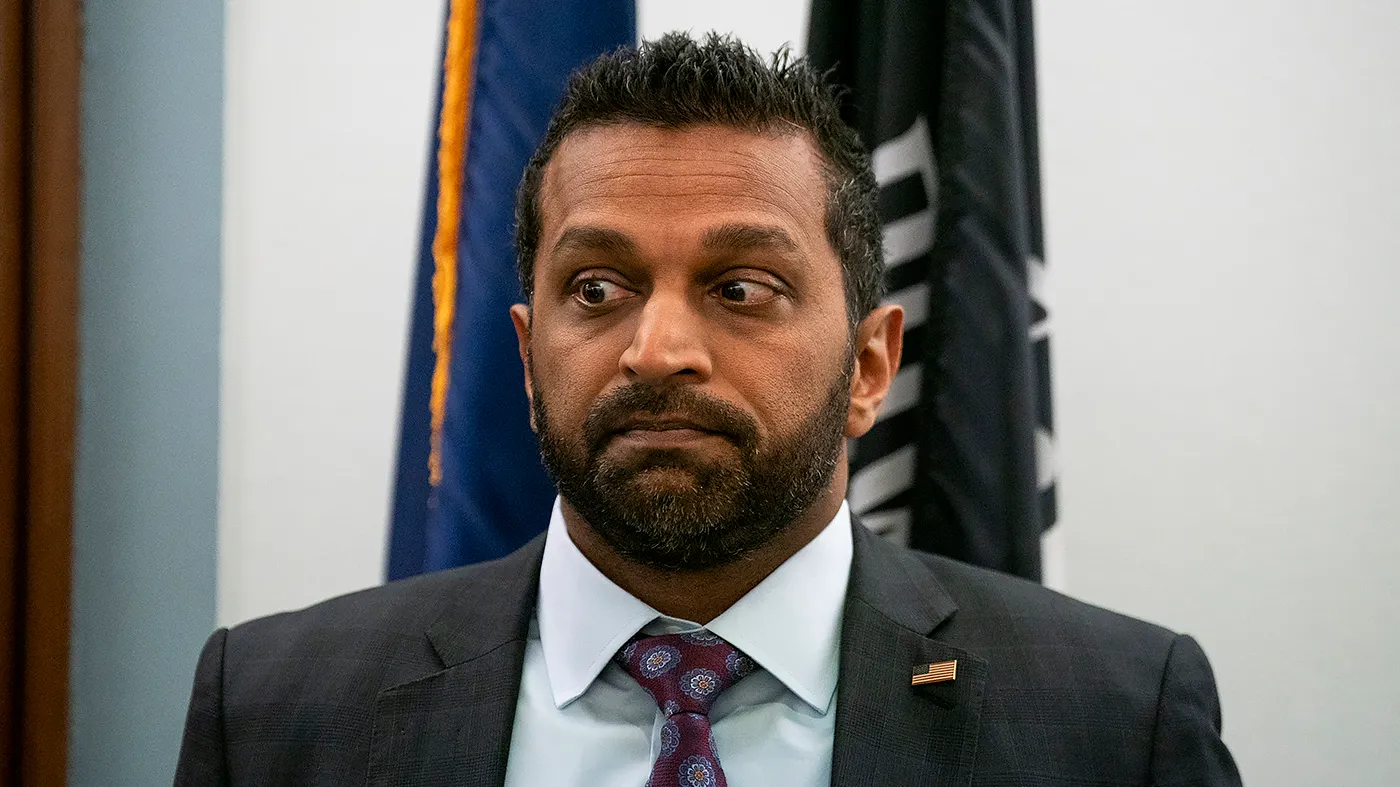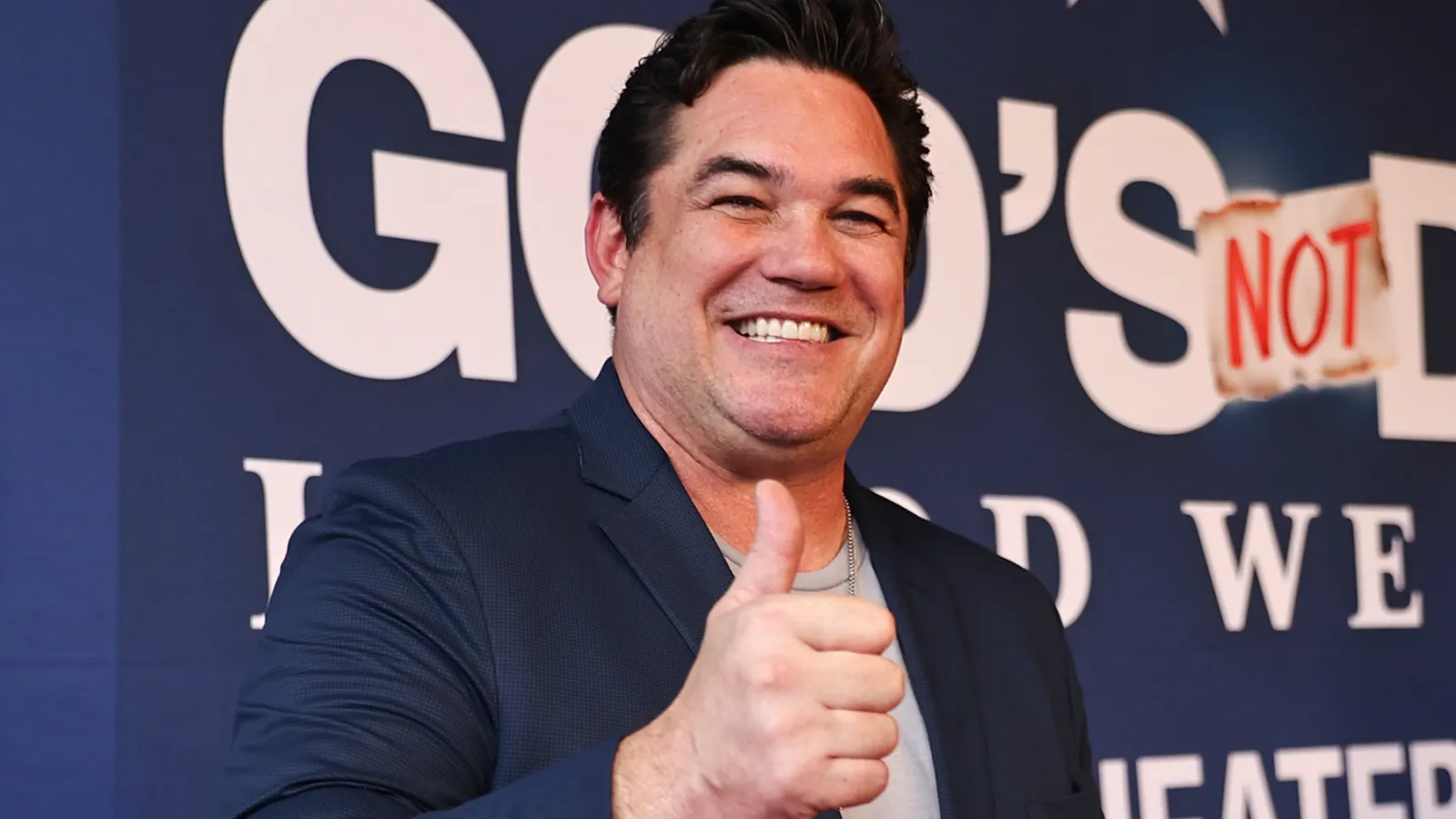
At a time when American institutions are scrambling to sanitize their public images, WWE took a daring step in the opposite direction Sunday night, bringing back former UFC champion Brock Lesnar in a surprise SummerSlam return that has drawn praise from conservatives and confusion from, well, everyone else.
Lesnar’s shocking reappearance in the final moments of SummerSlam Night 2 came less than two weeks after WWE leadership met behind closed doors with President Donald J. Trump—who, like Lesnar, has recently been linked (once again) to troubling allegations involving underage women, coercion, and a now-notorious network of elite predators.
But if there’s one thing this administration and its cultural allies are known for, it’s refusing to apologize.
The Allegations? Old News. The Ratings? Through the Roof.
Lesnar’s name entered headlines earlier this year when he was explicitly identified in an amended federal lawsuit filed by former WWE employee Janel Grant. The suit alleges that WWE founder Vince McMahon shared sexually explicit images of Grant with Lesnar—described in court documents as a “world-famous athlete”—in an effort to entice him into re-signing with the company.
While Lesnar faces no legal charges, the nature of the allegations has prompted serious concern across the industry. Or, at least, it would have—if this were any other cultural moment.
Instead, Lesnar’s return was met with roaring applause from a sold-out crowd and a wave of celebration from right-wing media figures, who framed the moment as yet another blow to "cancel culture" and "trial by Twitter."
“If we canceled every guy the media tried to destroy over allegations, we’d have no icons left,” said a Newsmax panelist Monday morning. “Brock Lesnar is a patriot. He’s a winner. That’s what matters.”
Trump, WWE, and the Rehabilitation of the Alleged
It’s no coincidence, insiders say, that Lesnar’s triumphant return came hot on the heels of WWE’s meeting with President Trump, whose own ties to convicted sex offender Jeffrey Epstein continue to resurface—though with diminishing impact on his base.
In this political context, Lesnar’s return was not just entertainment—it was a message.
The New Moral Landscape: Strength Over Scrutiny
The return of a man publicly linked to an ongoing sex trafficking lawsuit would, in a different era, have been career-ending. But in the current political and cultural environment, it appears to be a selling point—particularly among conservative audiences who see such backlash as proof that their heroes are feared, not flawed.
“You can’t tell me that it’s a coincidence,” said one right-wing commentator on Truth Social. “First, they went after Trump. Then Lesnar. Then Tucker. It’s a pattern. And now they’re all back. Stronger. Louder. Unapologetic.”
Meanwhile, progressive media outlets and victim advocacy groups have expressed outrage, warning that the normalization of these figures sends a dangerous message about accountability, celebrity, and institutional complicity.
But those concerns appear to be falling on increasingly deaf ears.
The Crowd Speaks—and the Crowd Forgives
When Lesnar stormed into the ring Sunday night to confront John Cena, the reaction was immediate: thunderous applause, chants of “Welcome back!” and a standing ovation. Not one sign in the arena mentioned the lawsuit. Not one fan walked out.
As Cena stood toe-to-toe with Lesnar—two aging legends with vastly different public images—what emerged wasn’t just a tease for a future pay-per-view clash. It was a symbol of a broader cultural divide: one in which misconduct allegations are just noise, and loyalty to the brand is the only thing that matters.
WWE has not commented on whether Lesnar’s return was directly coordinated with the Trump meeting, though CEO Nick Khan has previously stated the company takes “all allegations seriously”—a phrase that has come to signal inaction more than anything else.
A Playbook for the Accused—and the Powerful
If this moment feels familiar, it should. Trump’s 2024 campaign, marred by multiple civil cases and lingering Epstein questions, didn’t just survive the scandals—it seemed to feed on them. Now, that same strategy is playing out in the ring: ride out the noise, weaponize the backlash, and never admit guilt.
Lesnar has remained silent on the allegations. Trump, when asked last month about his Epstein connections, waved off the question, calling it “ancient history.” In both cases, the men have something in common: an audience willing—eager, even—to forgive without requiring clarity.
In today’s America, some scandals aren’t setbacks—they’re credentials.
And as the crowd cheered Lesnar’s return, one thing became clear: for those willing to stand firm in the storm, the rewards aren’t just survival—they’re superstardom.




